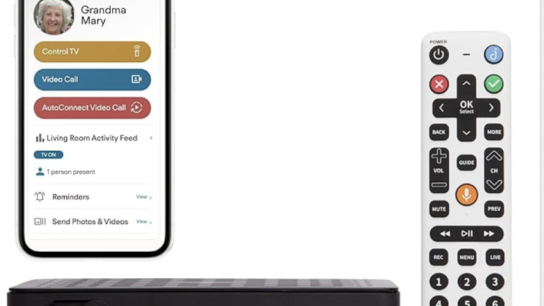Remember how excited you were to get your driver’s license? What a thrill, right? Finally, the freedom to come and go as you pleased…
Well, the exact opposite is what it’s gonna feel like for mom or dad when you have to take away their car keys and stop them from driving. But it’s a hugely important part of caring for your older parent – you’re protecting them, you’re protecting others, and you’re protecting their assets.
It’s possible your parent will recognize their limitations and voluntarily stop driving. It can happen. Whether they realize on their own, or via a suggestion from you, that’s the ideal situation – you have really dodged a bullet. While you’re celebrating, don’t forget to convert your parent’s driver’s license into a senior identification card (this will vary by state; check with your DMV for details). Mom or dad will still need an ID for some financial transactions, checking into medical facilities, and buying alcohol (just kidding on that one…).
But what if you know your parent should stop driving and they’re resisting? You’ve seen the new dents on the fender and bumper. You got a call because they’d forgotten how to get home. You were in the car when they stopped for a green light, setting off a cacophony of screeching tires and honking horns.
Yet just the mere mention of curtailing their driving is met with a anger, defiance, and an insistence they’re perfectly fine.
What can you do, when you know you’ve got to do something?
It starts with having “the talk”. Try not to do it right after an incident; it’s better if it feels more casual, like something that was just crossing your mind. Remember, losing the ability to drive can be traumatic to some seniors: another step in their decline, another restriction on their freedom. Your approach is to guide them toward voluntarily giving up their keys, rather than proving to them that they must.
Perhaps, if the situation allows, you could start with some driving restrictions. No need to go cold-turkey, let’s just say you only drive during the day and only to places you’re familiar with.
You’ll need to offer alternatives to their driving, whether it’s you who’ll take them around, or taxis or ride-hailing services you’ll arrange, or other family or friends, or even volunteers from local religious or community groups. And you can ease into this as well, suggesting a one-week trial where the car stays parked and the other methods are tried out.
You may want to check out GoGoGrandparent. Their service arranges an Uber or Lyft ride for your senior with a simple phone call – no smart phone or app required. (They can also help with groceries, prescriptions, meals, and more). Your parent just has to call one number (you’ll set it up in their phone) and either use the touch tones (if they’re capable) or talk to an operator to order a ride. GoGoGrandparent alerts the drivers to any special needs your parent might have, and makes sure the right person in the right car is assigned to the pick-up. The trip is monitored, and the operator will intervene if problems arise. You can opt to receive a confirmation when your parent arrives safely. Of course there’s a concierge fee on top of the cost of the ride, but it will likely seem like a very good deal all around.
But what if your parent absolutely refuses to stop driving? Then it’s time to take some more serious steps. Suggestions include:
Asking their doctor to intervene
Getting them evaluated by your DMV or an occupational therapy program
Reporting them to the DMV as an unsafe driver
Telling them the car is in the shop
Telling them someone has borrowed the car
Actually making the car keys disappear
Disconnecting the car’s battery
And of course you’ll feel awful about doing any of these things. But you’ve got to do it, to protect your parent and others. None of us want to feel responsible for a tragedy like the 2003 incident when an elderly man drove through the Santa Monica farmer’s market, killing ten and injuring over 70.
For more facts and suggestions on how to handle the “taking away the keys” situation, take a look at this article from a law firm…
And this post from Aging Care is also worth checking out.



